Debunking Health and Nutrition Myths: Separating Fact from Fiction
You may be surprised to learn that many widely held beliefs about health and nutrition are actually based on myths and misconceptions. From the demonization of dietary fats to the vilification of gluten, thereG??s a lot of misinformation out there that can lead to confusion and even poor health choices.
But fear not, because in this discussion, weG??ll be unraveling the truth behind these myths and separating fact from fiction. So, if youG??ve ever wondered whether detox diets are really beneficial or if the amount of sugar you consume is truly a cause for concern, youG??re in for some eye-opening insights.
The Truth About Dietary Fats
Understanding the truth about dietary fats is crucial for making informed decisions about your health and nutrition. You may have heard that all fats are bad for you, but in reality, not all fats are created equal.
Unsaturated fats, such as those found in avocados, nuts, and olive oil, can actually be beneficial for your health. These fats can help lower your risk of heart disease and provide essential nutrients for your body.
On the other hand, saturated and trans fats, often found in processed and fried foods, can increase your risk of heart disease and should be consumed in moderation. ItG??s important to read food labels and be mindful of the types of fats youG??re consuming.
Additionally, you may have been led to believe that eating fats will make you gain weight. However, consuming moderate amounts of healthy fats can actually help you feel full and satisfied, which may prevent overeating. Fats are also essential for absorbing certain vitamins and maintaining healthy cell function.
ItG??s not about avoiding fats altogether, but rather choosing the right kinds of fats and consuming them in appropriate amounts to support your overall health and well-being.
Unraveling the Gluten Myth
YouG??ve learned about the misconceptions surrounding dietary fats, but now itG??s time to address another prevalent myth – the gluten myth. Gluten, a protein found in wheat, barley, and rye, has been unfairly demonized in recent years.
Many people believe that going gluten-free is a healthier choice, even if they donG??t have celiac disease or a gluten sensitivity. However, the truth is that unless you have a specific medical condition that requires you to avoid gluten, thereG??s no significant health benefit to eliminating it from your diet.
For the majority of people, consuming gluten is perfectly safe and can be part of a balanced diet. In fact, whole grains containing gluten provide essential nutrients like fiber, B vitamins, and minerals. By unnecessarily cutting out gluten, you may actually be depriving yourself of these important nutrients.
ItG??s important to make dietary choices based on accurate information rather than popular trends or unfounded beliefs. So, unless a healthcare professional has advised you to avoid gluten, thereG??s no need to buy into the gluten myth.
Debunking Detox Diets
Many people are drawn to the idea of G??cleansingG?? their bodies through detox diets, believing that these regimens will help rid their bodies of toxins and promote better health. However, itG??s important to debunk the myth that detox diets are an effective way to cleanse your body. The truth is that our bodies are already equipped with organs like the liver and kidneys that naturally detoxify and eliminate toxins.
Detox diets often involve severe restrictions, such as fasting, consuming only liquids, or eliminating entire food groups. These extreme measures can lead to nutrient deficiencies, dehydration, and a slowed metabolism. Additionally, the weight loss often associated with detox diets is usually due to water and muscle loss, not fat loss.
Furthermore, many detox diets lack scientific evidence to support their claims of removing toxins or improving health. Instead of focusing on short-term, restrictive diets, itG??s more beneficial to adopt long-term healthy eating habits that include a variety of nutrient-dense foods.
Prioritizing a balanced diet, staying hydrated, and engaging in regular physical activity are far more effective ways to support your bodyG??s natural detoxification processes and overall well-being.
The Real Deal on Sugar Intake
After debunking the myth that detox diets are an effective way to cleanse your body, letG??s now uncover the truth about sugar intake and its impact on your health.
Sugar is often vilified in the world of nutrition, and for good reason. Excessive sugar consumption has been linked to various health issues, including obesity, type 2 diabetes, heart disease, and tooth decay.
The American Heart Association recommends that women consume no more than 6 teaspoons (25 grams) of added sugar per day, and men consume no more than 9 teaspoons (38 grams) per day. However, the average American consumes about 17 teaspoons (71.14 grams) of added sugar daily, which is well above the recommended limits.
ItG??s important to note that not all sources of sugar are created equal. While naturally occurring sugars in fruits and dairy come with essential nutrients and fiber, added sugars in processed foods and sugary beverages offer little to no nutritional value.
Being mindful of your sugar intake and opting for whole foods over processed ones can significantly impact your overall health. Keep an eye on food labels and strive to limit added sugars to support your well-being.
Conclusion
So there you have it – the truth about some common health and nutrition myths. Remember, dietary fats arenG??t all bad, gluten may not be the enemy for everyone, detox diets arenG??t necessary for a healthy body, and sugar intake should be moderated.
ItG??s important to separate fact from fiction when it comes to your health, so always do your research and consult with a healthcare professional for personalized advice.
Stay informed and make the best choices for your well-being.

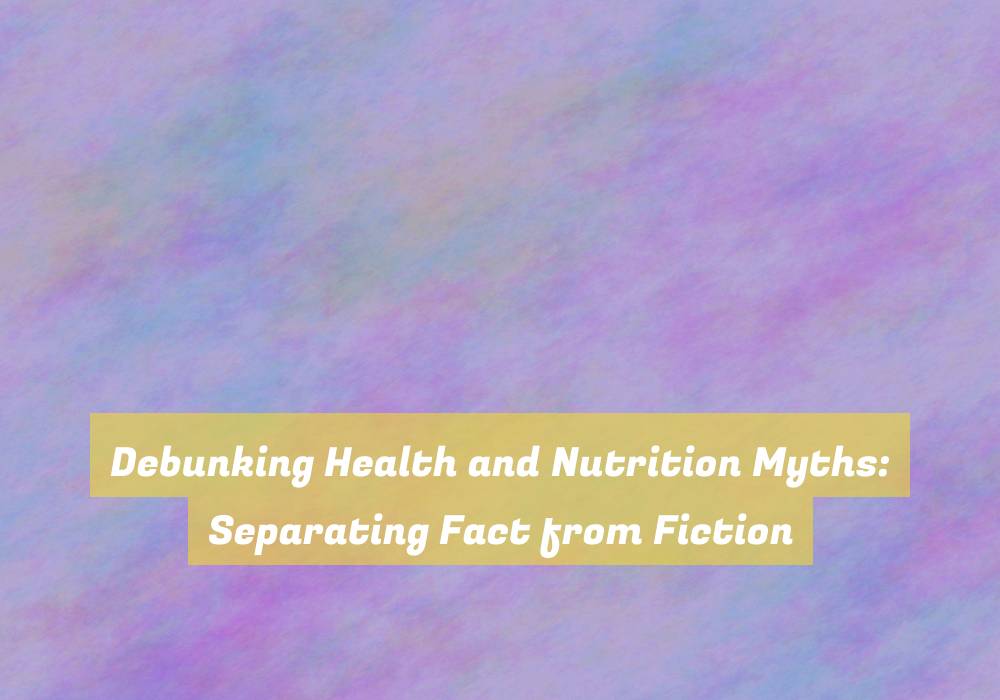
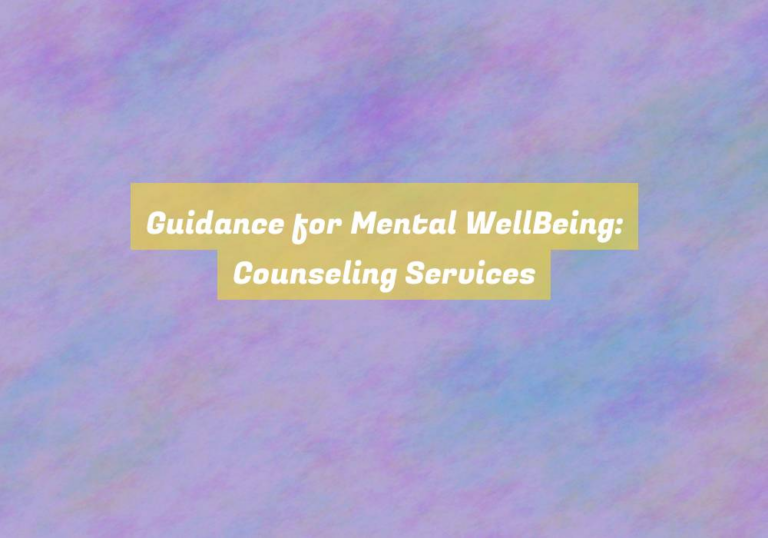
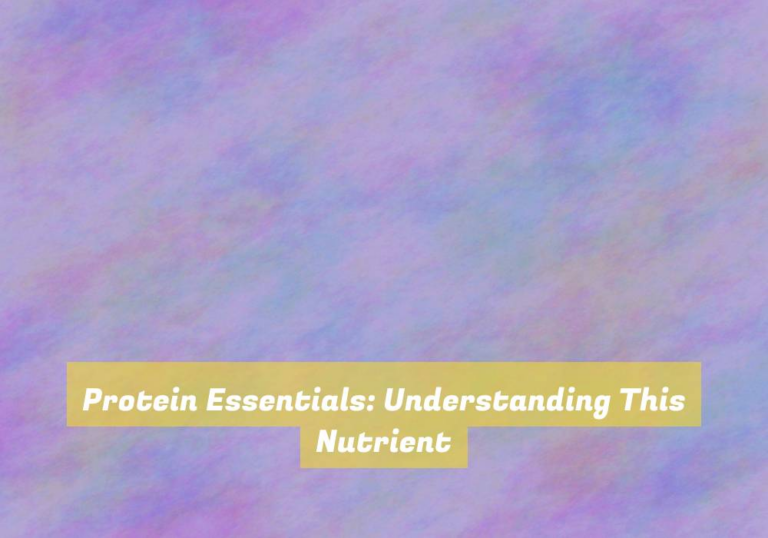
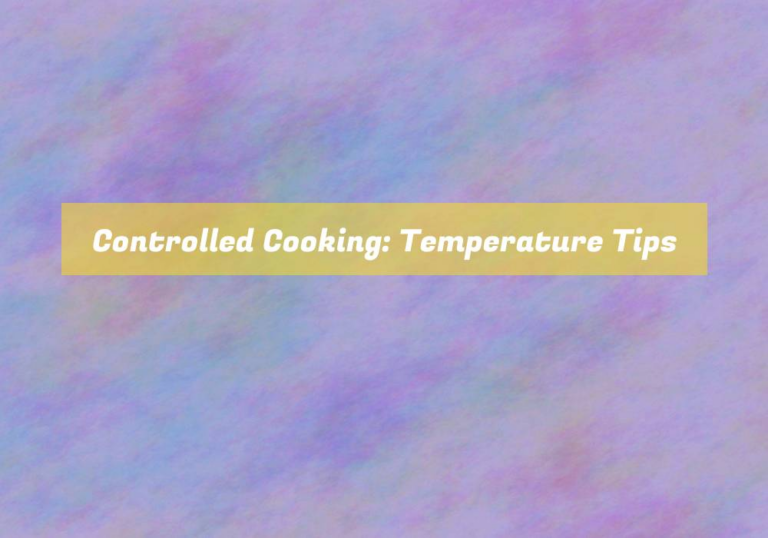
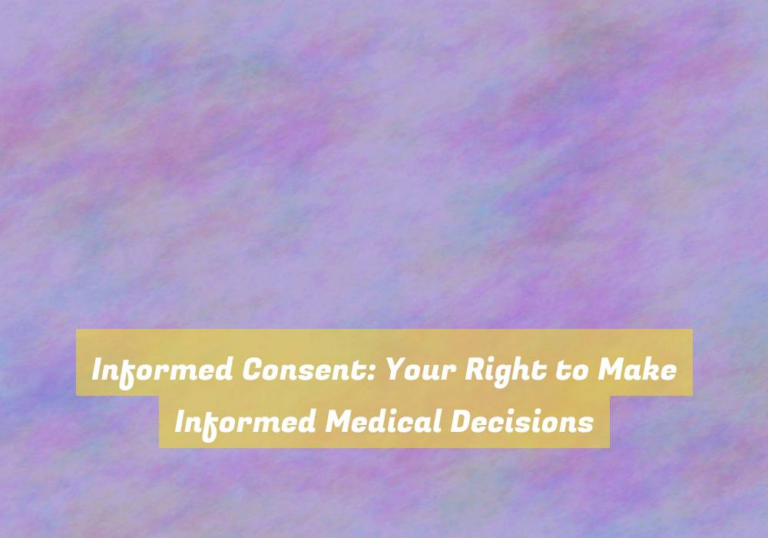
It’s fascinating how the narrative around dietary fats has evolved over the years. I remember growing up with the belief that all fats were detrimental to health, which made it challenging to embrace foods that are now celebrated for their benefits, like avocados and fatty fish. It’s interesting to see how the shift towards understanding the value of healthy fats aligns with a broader trend in nutrition that emphasizes whole foods over processed alternatives.
It’s so true how perceptions of dietary fats have shifted over the years. I can relate to growing up with the strong belief that fats were the enemy. It was almost like a rite of passage for many of us to cut out so many foods that are now seen as staples in a healthy diet. With the resurgence of interest in things like the Mediterranean diet, it feels like we’re finally starting to embrace the idea that not all fats are created equal.
You’re touching on something really meaningful that a lot of people grapple with. It’s fascinating how the narrative around fats has evolved, almost like a social experiment playing out through generations. I remember the waves of diet culture that positioned fats as the ultimate bad guy, leading to some pretty restrictive eating habits. It’s likely that many of us can recall moments from our youth when we culled beloved foods from our diets simply because of that ingrained fear of fat.
You bring up an important point about how our views on dietary fats have evolved. The narrative around fats has certainly transformed over the years, moving away from the idea that they’re completely off-limits to a broader understanding of how different types of fats play varied roles in our health. Growing up, many of us were conditioned to fear fat, often leading to the exclusion of delicious and nutrient-rich foods that contain healthy fats, like avocados, nuts, and fish.
You bring up such a great point about how our views on dietary fats have shifted over the years. It’s wild to think about how our childhood beliefs shaped our eating habits, particularly with so many nutritious options like avocados and fatty fish now getting the spotlight. The focus on whole foods really highlights what food can do for our bodies when we choose quality over quantity.